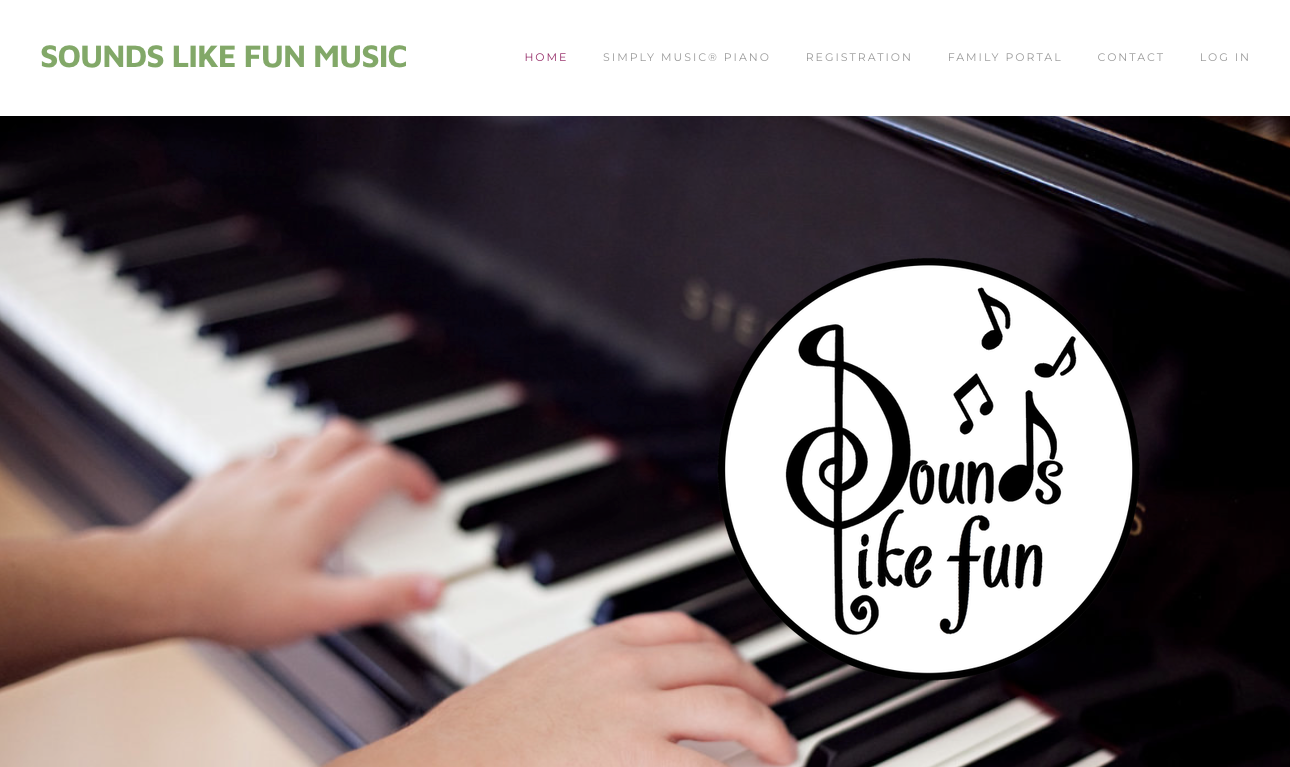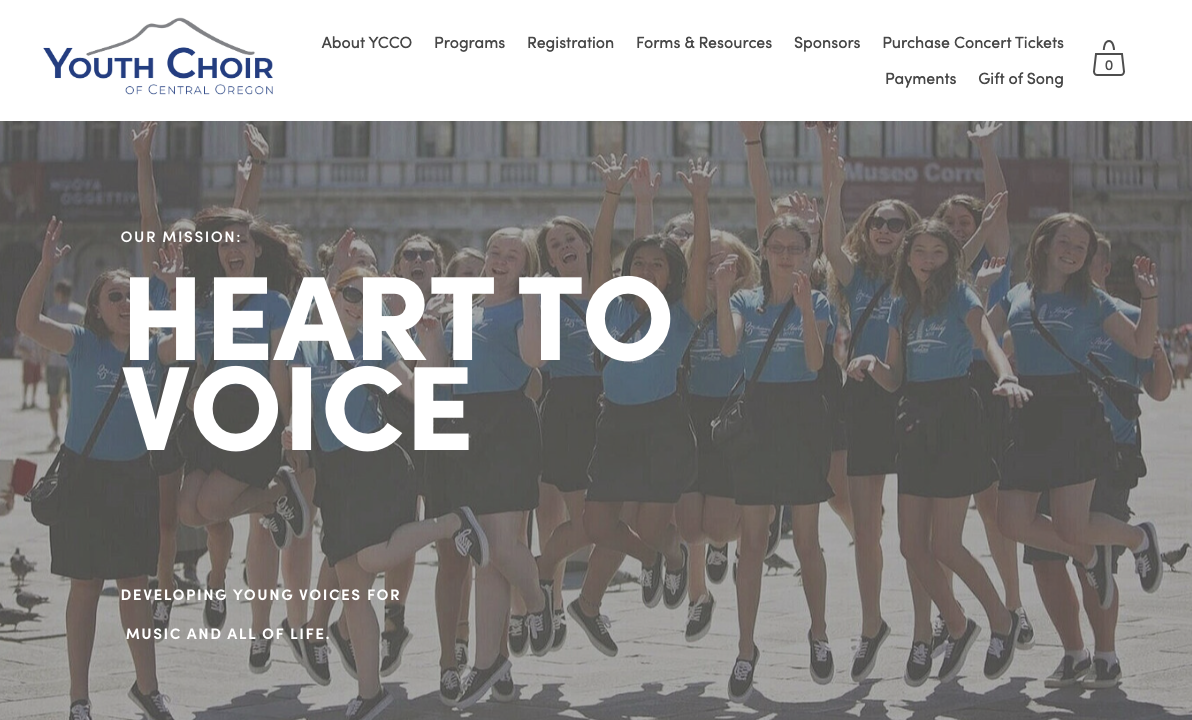Music has always been a vital part of human life, with singing being a popular form of musical expression across different cultures. Singing can be a hobby, a passion, or a profession, but whatever the reason may be, it requires practice, technique, and guidance. Fortunately, there are several singing lessons available near Rochester Hills, Michigan, that can help you enhance your vocal abilities and achieve your musical goals.
In this article, we will explore the ten best singing lessons in and around Rochester Hills, Michigan. We have conducted extensive research, taking into account factors such as the instructor’s qualifications, teaching experience, and student reviews, to curate a list of the most reputable and effective singing lessons in the area.
Whether you are a beginner looking to explore your vocal range or an experienced singer seeking advanced training, this article will provide you with valuable information about the top singing lessons available in Rochester Hills. From private one-on-one sessions to group classes, we have included a diverse range of options to cater to different learning styles and preferences.
So if you’re looking to improve your singing skills and take your vocal abilities to the next level, read on to discover the ten best singing lessons near Rochester Hills, Michigan.
1. Expressions Music Academy

Website: https://www.expressionsmusicacademy.com/rochester-hills
Address: 876 S Rochester Rd, Rochester Hills, MI 48307
Expressions Music Academy is a premier music school located in Rochester Hills, Michigan. They offer singing lessons for students of all ages and skill levels. With a team of highly qualified and experienced instructors, Expressions Music Academy provides a comprehensive and personalized approach to vocal training.
Their singing lessons cover various aspects of singing, including breathing techniques, pitch control, vocal range, and performance skills. They also offer opportunities for students to showcase their skills through recitals and performances.
Expressions Music Academy utilizes a unique curriculum that combines traditional teaching methods with modern technology, including the use of state-of-the-art recording equipment and software to help students refine their vocal abilities.
If you’re looking for a professional and supportive environment to improve your singing skills, Expressions Music Academy is an excellent choice. Their commitment to excellence and passion for music is evident in every aspect of their teaching approach.
2. Sounds Like Fun Music

Website: http://www.funmusic4me.com/
Address: 1809 Northfield Dr, Rochester Hills, MI 48309
Sounds Like Fun Music is a music school located in Rochester Hills, Michigan, that provides a fun and engaging approach to music education. They offer singing lessons for students of all ages, focusing on building confidence and self-expression through singing.
Their singing lessons cover a wide range of musical styles, from pop to classical, and are designed to help students improve their vocal technique, pitch, and tone. The instructors at Sounds Like Fun Music are experienced musicians who tailor their teaching approach to each student’s individual needs and goals.
Sounds Like Fun Music also offers group singing lessons and performance opportunities, allowing students to collaborate with others and build their stage presence. They use a variety of teaching methods, including games and activities, to make the learning experience enjoyable and interactive.
If you’re looking for a fun and supportive environment to improve your singing skills, Sounds Like Fun Music is an excellent choice. Their emphasis on creativity and enjoyment makes them a popular choice for students of all ages and backgrounds.
3. Rochester Conservatory of Music

Website: https://www.rochesterconservatory.com/
Address: 120 E 3rd St, Rochester, MI 48307
Rochester Conservatory of Music is a music school located in Rochester, Michigan, that offers a comprehensive range of music lessons, including singing lessons for students of all ages and skill levels. Their team of experienced and passionate instructors is dedicated to providing high-quality vocal training in a supportive and inspiring environment.
Their singing lessons cover a wide range of styles, including classical, pop, and musical theater, and focus on developing vocal technique, range, tone, and expression. They use a variety of teaching methods, including individualized instruction and group classes, to help students achieve their musical goals.
In addition to singing lessons, Rochester Conservatory of Music also offers performance opportunities, including recitals and concerts, to help students build their confidence and showcase their skills. They provide a fun and engaging learning environment that encourages creativity and self-expression, making them a popular choice for aspiring singers in the Rochester area.
4. Rochester School of Music (Rhythm & Groove)

Website: http://www.ycco.org/
Address: 1423 Walton Blvd., Rochester, MI 48309
Rochester School of Music (Rhythm & Groove) is a music school located in Rochester, Michigan, that provides high-quality music education to students of all ages and skill levels. They offer singing lessons that are designed to help students improve their vocal technique, range, tone, and performance skills.
Their team of experienced and dedicated instructors uses a variety of teaching methods, including individualized instruction and group classes, to help students achieve their musical goals. They provide a supportive and engaging learning environment that encourages creativity and self-expression, making them a popular choice for aspiring singers in the Rochester area.
Rochester School of Music (Rhythm & Groove) also offers performance opportunities, including recitals and concerts, to help students build their confidence and showcase their skills. They provide a comprehensive and flexible approach to music education, offering both traditional and contemporary music lessons, making them a great choice for students who want to explore a range of musical genres.
“Tips for Learning How To Sing”
Singing is a beautiful and expressive art form that allows us to communicate and connect with others through our voices. But, simply hitting the right notes and having good technique is not enough to truly convey emotion through your singing. To truly connect with your audience, it’s important to learn how to sing with expression. In this article, we’ll explore some techniques for conveying emotion through your voice.
1. Connect with the Lyrics One of the most important elements of singing with expression is connecting with the lyrics of the song you are singing. Before you even begin to sing, take some time to really listen to the lyrics and think about what they mean. Try to understand the emotions that the songwriter was trying to convey and think about how you can express those emotions through your voice. Once you have a deeper understanding of the lyrics, you will be better equipped to convey the emotions of the song through your singing.
2. Use Dynamics Dynamics refer to the volume and intensity of your voice. When you are singing a song, try to use different dynamics to convey different emotions. For example, if the song is sad, you might want to sing in a softer, more subdued tone. Conversely, if the song is happy and upbeat, you might want to sing in a louder, more energetic tone. By varying your dynamics, you can create a more nuanced and expressive performance.
3. Pay Attention to Phrasing Phrasing refers to the way in which you structure the lines of the song you are singing. By paying attention to phrasing, you can add a lot of expression to your singing. For example, you might emphasize certain words or syllables to convey a particular emotion. You might also use pauses or breaks in your phrasing to create a sense of tension or anticipation. By experimenting with different phrasing techniques, you can create a more dynamic and expressive performance.
4. Use Vibrato Vibrato is a vocal technique that involves a slight wavering or trembling of the voice. This technique can be used to add depth and emotion to your singing. For example, if you are singing a sad song, you might use a slower and more subtle vibrato to convey a sense of melancholy. Conversely, if you are singing an upbeat song, you might use a faster and more energetic vibrato to convey a sense of excitement. By experimenting with different types of vibrato, you can add a lot of expression to your singing.
5. Experiment with Different Tones and Timbres Tone and timbre refer to the quality of your voice. By experimenting with different tones and timbres, you can add a lot of expression to your singing. For example, you might use a more breathy tone to convey a sense of vulnerability or use a more nasal tone to convey a sense of humor. By experimenting with different tones and timbres, you can create a unique and expressive performance.
6. Focus on Your Breath Breath control is essential for good singing technique, but it’s also important for conveying emotion through your voice. By focusing on your breath, you can add a lot of expression to your singing. For example, you might use a sudden intake of breath to convey a sense of surprise or use a slow, controlled exhale to convey a sense of sadness. By experimenting with different breathing techniques, you can create a more expressive performance.
7. Practice Expressive Facial Expressions Your facial expressions can also convey a lot of emotion while you are singing. By practicing different facial expressions, you can add a lot of expression to your performance. For example, you might use a smile to convey happiness or a frown to convey sadness. By combining different facial expressions with your singing, you can create a more dynamic and expressive performance.
In conclusion, singing with expression requires a combination of technical skill and emotional connection to the lyrics and music. By paying attention to dynamics, phrasing, vibrato, tone, breath control, and facial expressions, you can learn to convey emotion through your voice and create a more powerful and moving performance.
Remember, singing with expression is a skill that takes time and practice to develop. Be patient with yourself and keep working on honing your technique and connecting with the music. With time and dedication, you can learn to sing with expression and truly move your audience with your voice. So, keep practicing and let your emotions shine through your singing!

